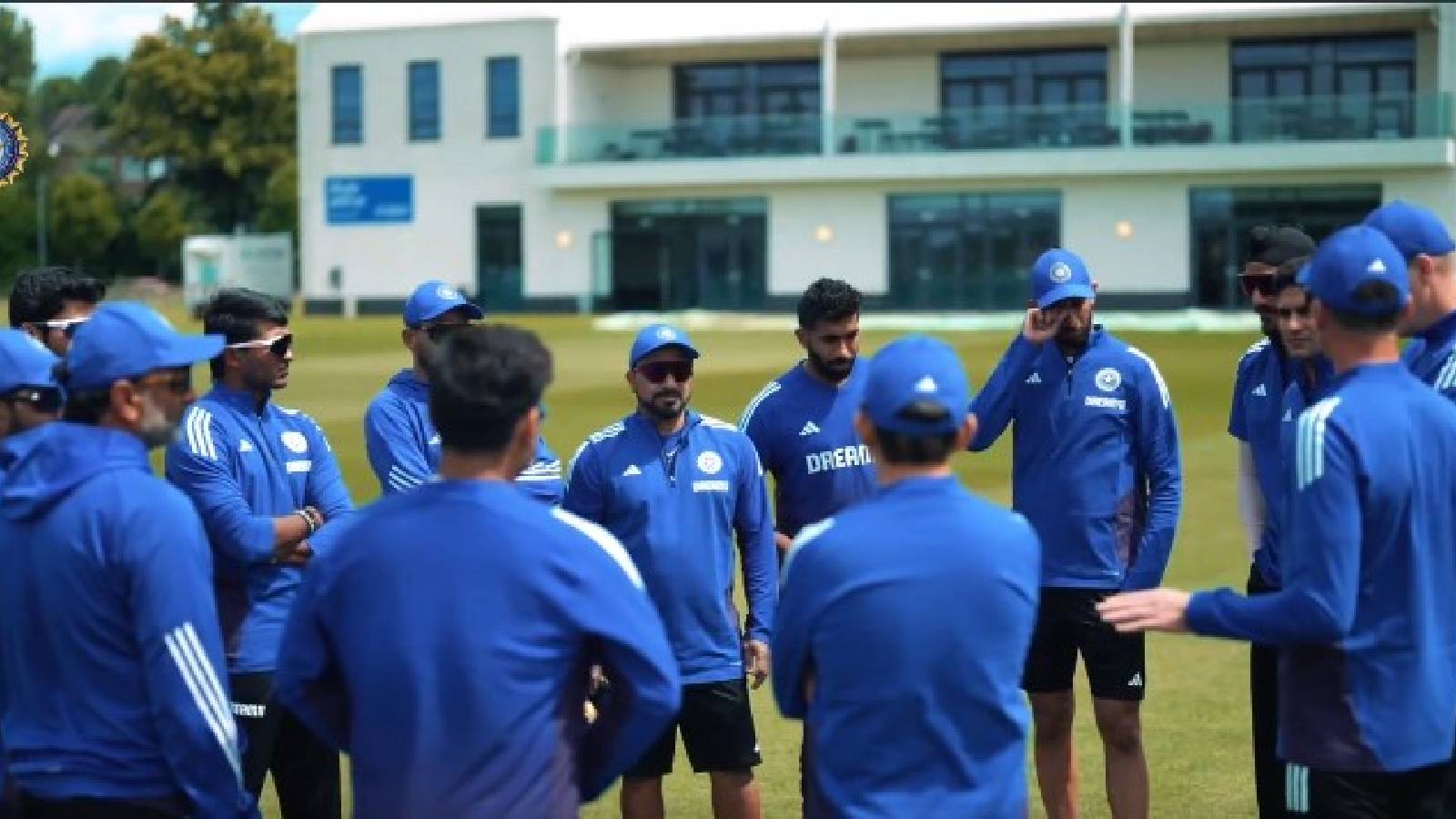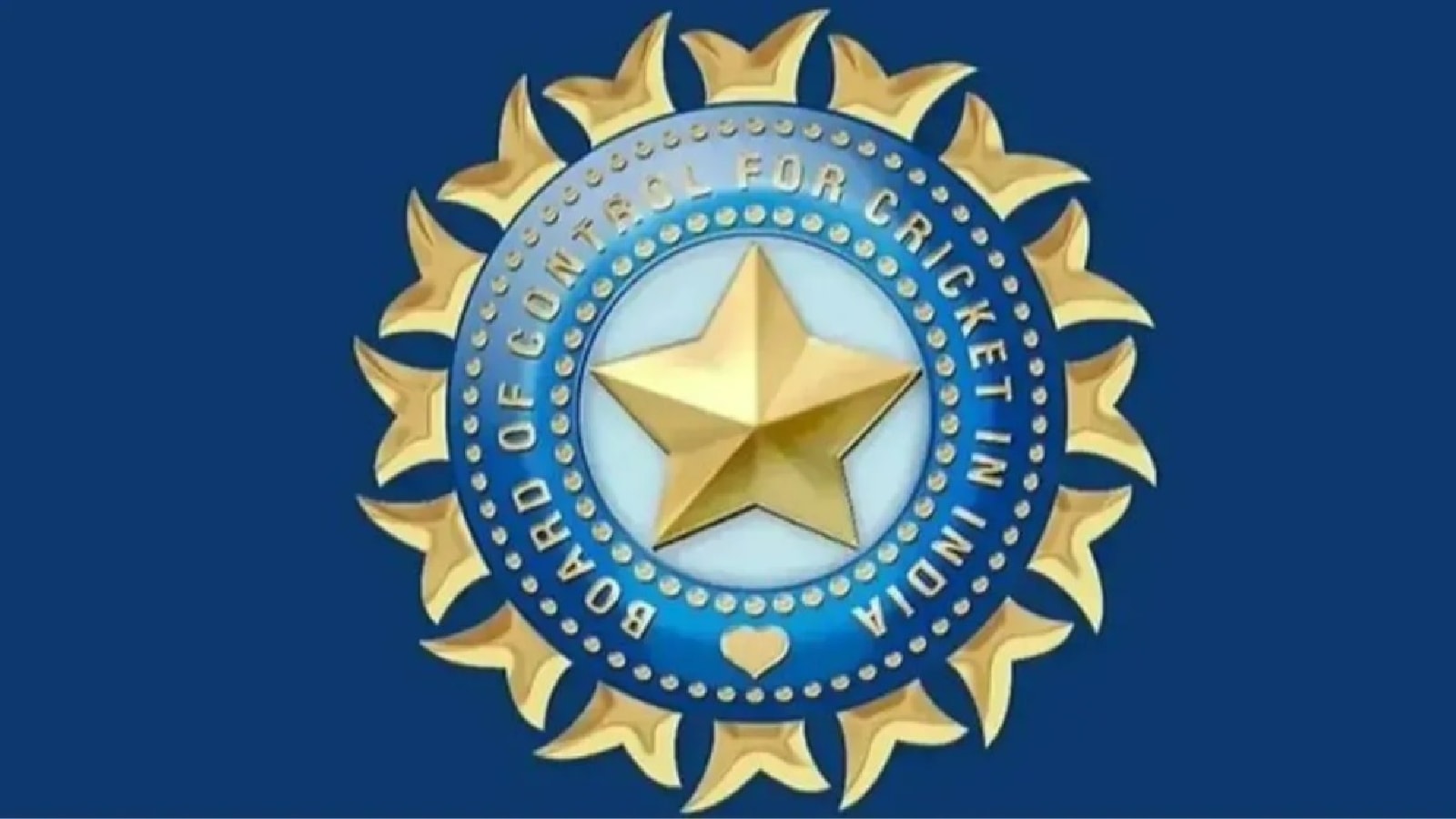ARTICLE AD BOX
Game 1, vs the Netherlands: India enter the final quarter level at 1-1; concede a goal in the 58th minute, lose 1-2. Game 2, vs the Netherlands: It’s 2-2 after three quarters; India allow a goal in the 57th minute to lose 2-3. Game 3, vs Argentina: India fight back to make it 3-3 heading into the fourth quarter. Argentina score in the 46th minute, India lose 3-4. Game 4, vs Argentina: 1-1 after three quarters in a cagey match; India let in a goal in the 49th minute, lose 1-2.
On Saturday, in Game 5, this time against Australia in Antwerp, India had a 2-1 lead going into the fourth quarter. But they ended up conceding two goals, including one in the final minute, to lose 2-3.
It’s not hard to see where the problem, and the frustration, lies for India: in closing out close matches. The 2-3 loss to Australia in Antwerp in the FIH Pro League on Saturday was the fifth in a row for Craig Fulton’s side in the European leg of the tournament. And the pattern has nearly been identical in each of them.
Saturday’s defeat, however, should hurt the most. India were 2-0 up at halftime, with two brilliantly taken goals from Abhishek. They were winning most one-on-one battles, the forward line was showing spunk and Suraj Karkera looked assured in goal. They were taking on a considerably inexperienced Australian team; more than half of their players have played less than 25 international matches.
At that point, a win, first on this tour, appeared to be on the horizon. Never in the last decade had India beaten Australia twice in a row, after stunning them at the Paris Olympics last year. But then the wheels came off dramatically.
Bullied into submission
At least the Australians, this time, had the politeness to forewarn India how they’ll dismantle the defence — by ‘attacking circle off the baseline’, as the team’s assistant coach Rob Hammond said during the half-time.
They did that with such unrelenting pressure that by the time the final hooter sounded, the Indians looked relieved that the match was over. It didn’t matter that this was an Australian team in transition; certain ethos and the team’s inherent DNA remains the same.
Story continues below this ad
Showing the young Aussies how to get the job done were the two veterans — Nathan Ephraums, who began the comeback with a 42nd-minute goal, and Tom Craig, who sealed the win with a superb deflection from a penalty corner. Ephraums and Craig did a lot more than just scoring goals. They bullied the Indian defence into submission.
India weren’t so miserable throughout the game. This was, as the age-old cliche goes, a classic game of two halves. India had a proper go at the Australians in the first two quarters, when it looked like their one-on-one skills and experience would be enough to cross the line.
India superior in first half
The one-on-one battles were getting so physical that when Manpreet Singh clattered into Aditya Gupte, the burly Australian with Puneri roots, the umpire bellowed from across the ground, “Hey, stop it!”
The two players sped off the crime scene, but it was Manpreet who had the last laugh, winning the ball from his counterpart, almost a couple of feet taller. There were such intriguing 1v1 contests wherever you looked on the pitch — Dilpreet Singh turned past Connar Otterbach for a shot at goal, Hardik Singh was blocking the Australian attackers from entering the Indian ‘D’ and, on the other end, Abhishek was constantly getting the better of his markers. That’s how his two goals came.
Story continues below this ad
Abhishek received a pass from Manpreet a couple of yards outside the ‘D’, rolled Otterback and with a hard push beat the defender to catch the goalkeeper Jed Snowden off-guard. It was a trademark Abhishek goal — to gather the ball on the top of the ‘D’ and unleash a hit on the turn.
Then, minutes into the second half, Sukhjeet Singh challenged Nathan Czinner, stole the ball from the young defender and played it to Abhishek, who beat Snowden again with a powerful reverse hit.
Sukhjeet, Manpreet and Abhishek continued to trouble Australia even in the third and fourth quarters. But the Kookaburras came out aggressively in the third quarter. They were stronger on the ball and began raiding the Indian circle from wider areas by getting the ball to the baseline and playing it across the face of the goal.
Their attackers crowded the nine-yard area from the penalty spot to the goal and every time a ball was played there, it sent the Indian defence into panic mode. Australia forced errors out of the defenders and constantly tested Karkera, who played all four quarters.
Story continues below this ad
Karkera’s resilience — he had thwarted nearly half a dozen attempts in the first half — finally broke when Ephraums scored a goal from close range in the 42nd minute. Then, Sumit’s poor clearance while trying to hit a loose ball away from the goal resulted in a penalty corner, which Joel Rintala converted to level the scores in the 56th minute. Sumit once again made a judgment error in the final minute to concede another corner – a smart review by Kookaburras – which Craig masterfully deflected past Karkera to break Indian hearts.
And just like that, what looked like a comfortable win at half-time turned into a fifth straight loss for the Olympic bronze medallists.
(Scoreline) Australia 3 (Nathan Ephraums 42’, Joel Rintala 56’, Tom Craig 60’) beat India 2 (Abhishek 8’, 35’)



.png)
.png)
.png)


























 English (US) ·
English (US) ·